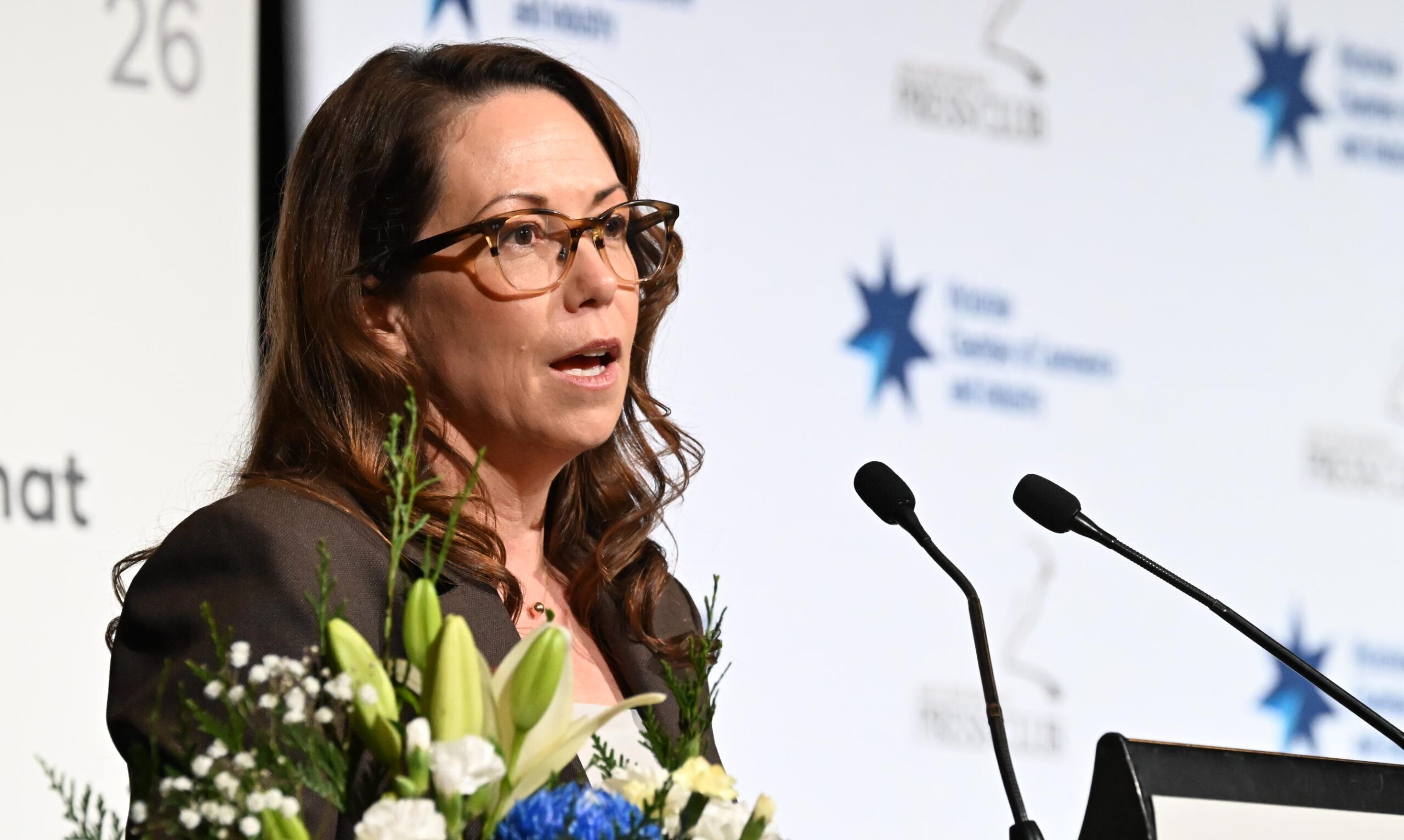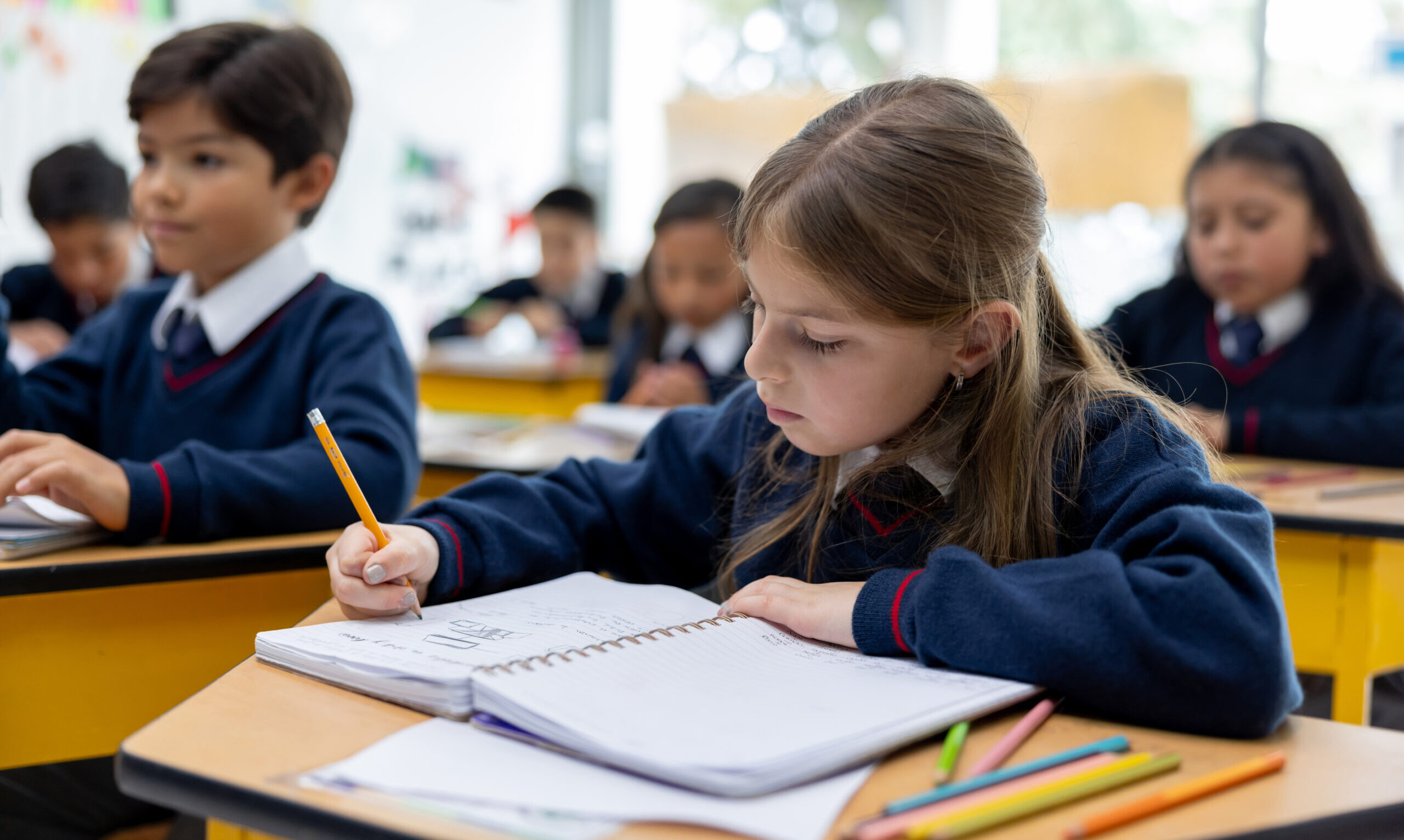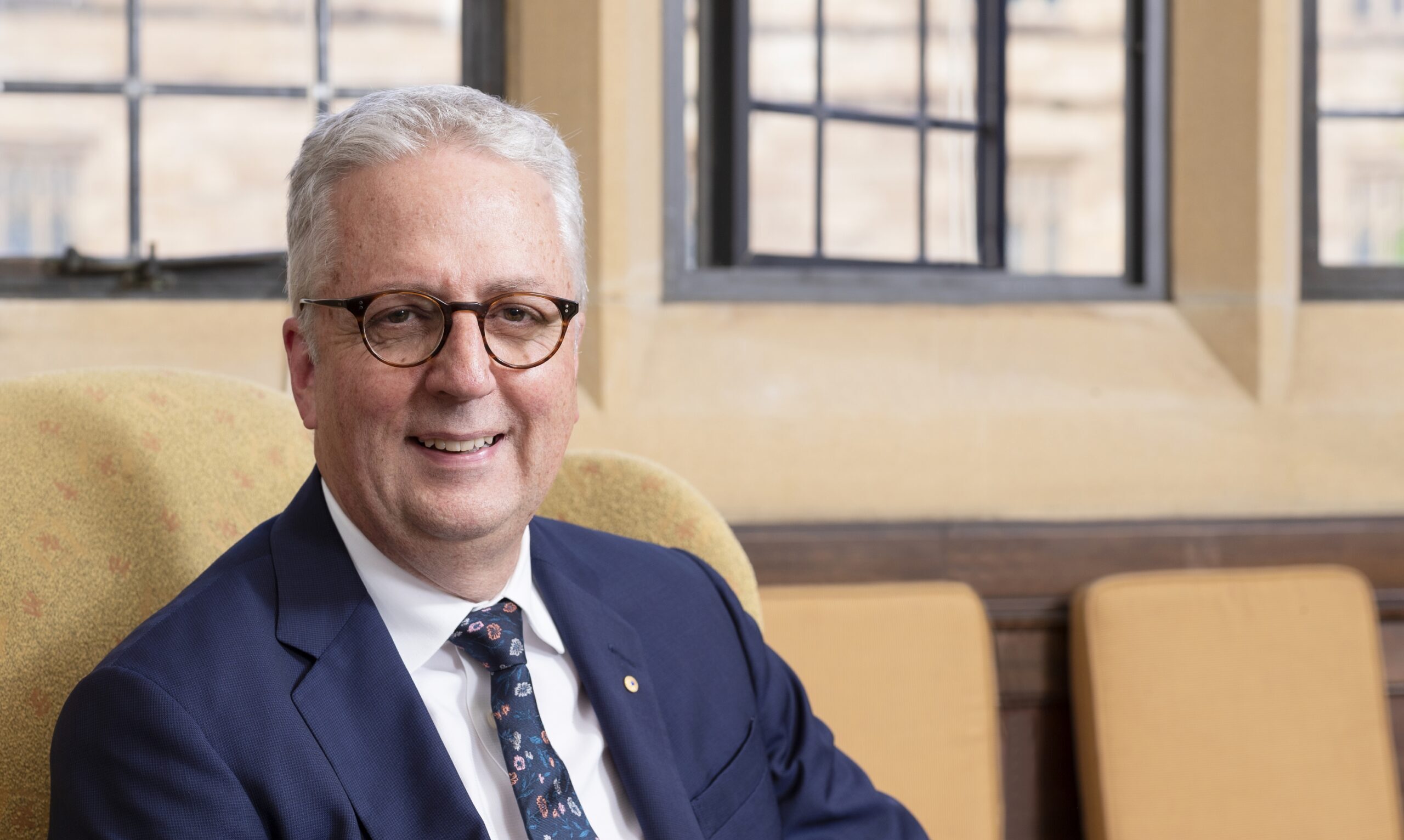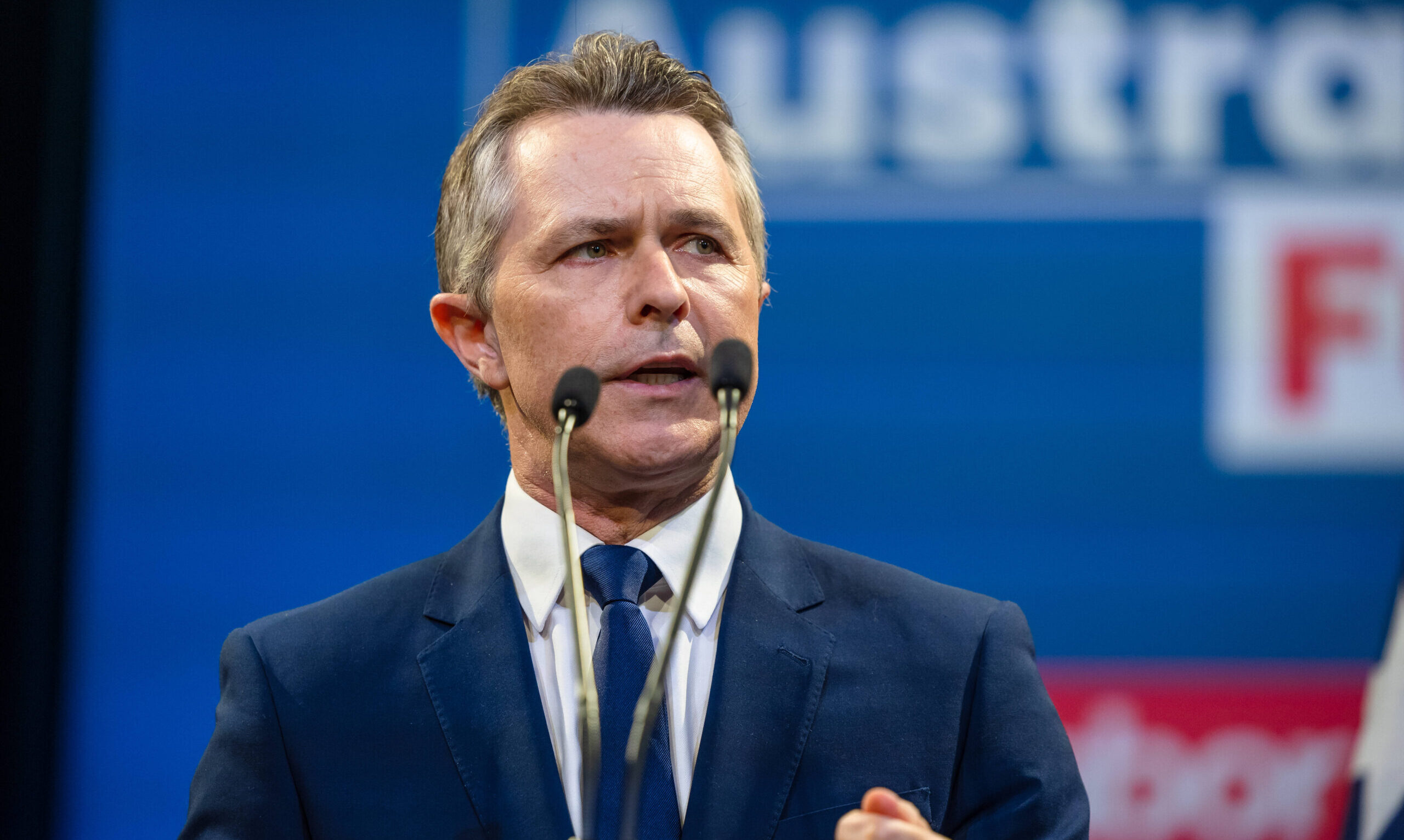NewsTop Stories
Peak bodies call on govt to ban vaping

A group of 11 education, school parent and medical associations have banded together to call on the government to pass legislation that would ban the sale and supply of recreational vapes.
Please login below to view content or subscribe now.





